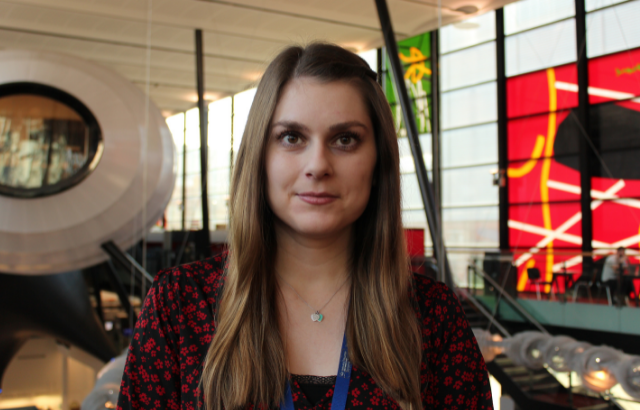Blizard profile: Emma Bourne
Emma Bourne is a senior research technician in the Genome Centre at the Blizard Institute. She recently became a registered scientist through the technician commitment. We caught up with her to find out more.

Senior Research Technician, Emma Bourne
Congratulations on becoming a registered scientist through the technician commitment. Please could you tell us about the commitment and what this news means to you?
Thanks very much! I’m really happy to have become a registered scientist. The technician commitment is an initiative which helps technicians from all backgrounds in their career progression. Recognition and visibility of the valuable work technicians do are some of the main objectives of the commitment. Professional Registration with the Science Council is one of the main programs they endorse. Registration is a recognised standard of scientific skill and experience awarded by the Science Council. Achieving Registered Scientist status has made me feel more confident in my skills, and motivated to achieve new goals and keep developing in my scientific career.
Tell us more about the Genome Centre and your role within it
The Genome Centre is the core Genomics facility at the heart of QMUL. We have a great team of scientists trained and experienced in a wide range of techniques to help achieve our users project aims. I have just been promoted to Senior Technician at the Centre and take responsibility for a range of projects, taking them from sample to data, as well as assisting with the day to day running of the lab.
What's the most interesting thing you are working on right now?
I am currently enjoying working on 10X single cell projects. There is a lot of variation in the type of single cell project so it’s a great opportunity for continued learning and gaining new experiences in the lab. We have recently purchased the Nanostring GeoMX and the Spatial Molecular Imager and I am looking forward to learning more and using these pieces of kit for projects in the institute.
What are you passionate about?
I have always enjoyed science and working with others. Having a job I enjoy and knowing it has a degree of social impact is really important to me, and I love that I get to see a range of projects and there’s always something different.
Tell us something we don't know about you!
During my undergraduate degree I spent a year working as an intern at KU Leuven in Belgium in their Forensics Genetics Laboratory. I spent the year optimizing a protocol for multiplex sequencing of the entire mitochondrial genome, with an interest to use this technique on extremely old police evidence. This was a great experience and fueled my interest for Genetics. Not to mention it gave me the chance to live in another country!